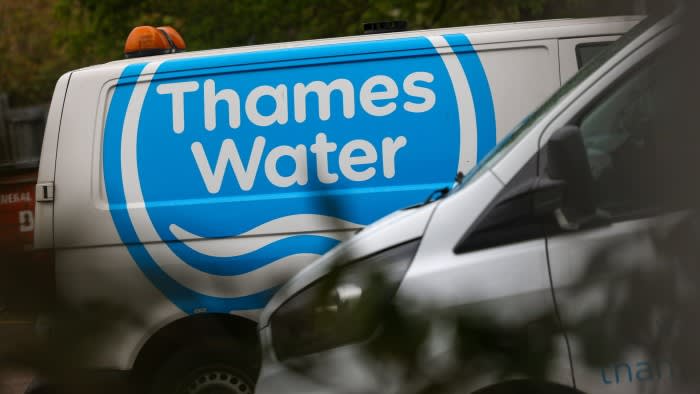Unlock the Editor’s Digest for free
Roula Khalaf, Editor of the FT, selects her favourite stories in this weekly newsletter.
Two major credit agencies have slashed Thames Water’s debt rating into the lowest reaches of junk, piling pressure on the UK’s largest water utility as it runs through cash faster than expected and seeks to avoid a renationalisation.
Both S&P and Moody’s cut the rating on Thames Water’s £16bn of top-ranking debt by five notches to the equivalent of CCC+, putting it into so-called triple-C territory that is considered highly risky and prone to default. Thames Water lost its investment-grade credit rating in July.
Both rating agencies cited the utility’s worsening liquidity situation as a driver behind the steep downgrades, with S&P citing “near-term liquidity stress” and Moody’s stating that the utility has a “significantly tighter liquidity position than previously expected”.
The Financial Times reported on Tuesday that Thames Water is burning cash at a faster rate than it earlier expected, pushing it to try to access back-up liquidity facilities and piling pressure on the company to roll £500mn of debt due in days.
Thames Water last week announced that it will run out of cash shortly after Christmas if it is not able to get permission from banks to access liquidity reserves and roll certain credit facilities, which will then mean it will have to call a default on its debt to access £550mn of reserve liquidity facilities to have enough cash until May 2025.
S&P said that this announcement was “contrary” to previous expectations and that it now assesses Thames Water’s “management and governance as negative”.
Commenting on the downgrades, Thames Water said: “We continue to operate to the undertakings agreed with our regulator in July 2024 following the reduction in our class A debt rating to subinvestment grade and we continue to engage with creditors to consider options for the extension of our liquidity runway.”


